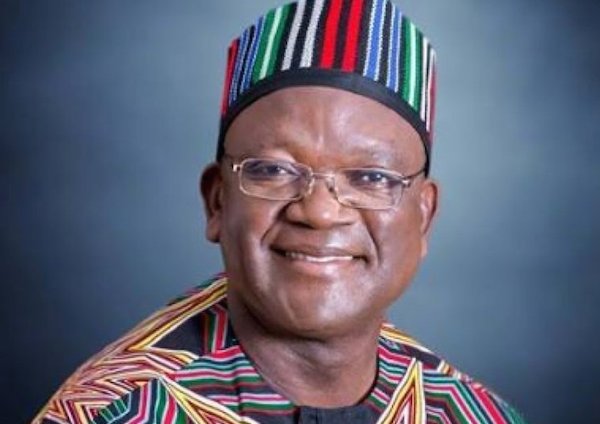The pan-Yoruba socio-cultural organisation, Afenifere and its counterpart in the Niger Delta, the pan-Niger Delta Forum (PANDEF), have criticised the federal government and the National Assembly over the re-introduction of the National Water Resources Bill 2020, rejected by the eighth Assembly.
While the Benue State Governor, Mr. Samuel Ortom, had at the weekend called on the National Assembly to reject the bill, saying it was a ploy to hand over the banks of the rivers to herdsmen, a Nobel Laureate, Prof. Wole Soyinka, had warned President Muhammadu Buhari’s administration against passing the bill.
The bill, which seeks to bring all water sources (surface and underground) as well as river banks under the control of the federal government is seen as anti-federalism as it also negates the right of Nigerians to natural resources.
Section 13 of the bill states that “in implementing the principles under subsection (2) of this section, the institutions established under this Act shall promote integrated water resources management and the coordinated management of land and water resources, surface water and ground water resources, river basins and adjacent marine and coastal environment and upstream and downstream interests.”
Those opposed to the bill had alleged that the people pushing for the passage of the bill at all costs have a surreptitious motive, which is not yet clear to other Nigerians.
Ortom had alleged that the bill, in addition to its provisions which are at variance with the Land Use Act, is a disguised land-grabbing legislation designed to grant pastoralists unhindered access to river basins, adjacent marine and coastal environments across the country.
He had described the bill as another version of Ruga, whose objective is to create grazing areas in the 36 states of the federation for herders and their livestock.
Civil society groups, including the Amalgamated Union of Public Corporations Civil Service Technical and Recreational Services Employees (AUPCTRE) and Corporate Accountability and Public Participation Africa (CAPPA), also opposed the bill, saying it will deny Nigerians the right to water.
For instance, Section 98 of the bill states that “the use of water shall be subject to licensing provisions.”
Section 107 says that a licence may be cancelled if the licensee “fails to make beneficial use of the water.” Section 120 makes it compulsory for Nigerians to obtain a driller’s permit before sinking a borehole in their homes.




799850 503695Yay google is my king aided me to find this outstanding internet site! . 69229
651969 991543Lovely sharp post. Never considered that it was that easy. Praises to you! 835482